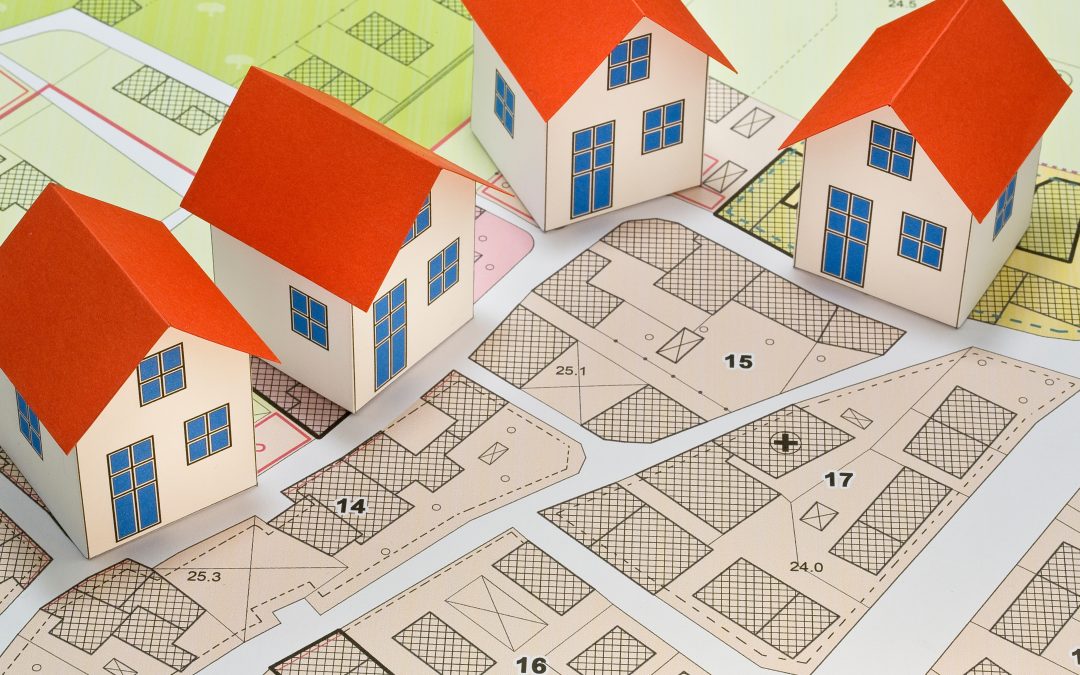As house prices show no sign of falling sharply, more people are looking for do-er upper houses, or smaller houses that they can extend as their family grows.
Most people in that position want to know: Is there a way to make sure you’ll get the planning permission you need before you buy the house?
The answer depends on the nature of the alterations you want to make. That’s because some changes require planning permission and others don’t.
If you’re planning to make a big change to the property (one which requires planning permission) you need to weigh up the risk of losing the house to another buyer while you wait for a decision, against the risk of buying the house and being refused planning permission later down the line.
We’ll have a look at this in more detail below.
When do you need planning permission?
You need planning permission if you’re building a brand new property, or you’re making a significant change to the property. Here are a few scenarios in which it’s likely you’ll need planning permission:
- Converting a building
That may be converting stables into rooms, or a barn into a house.
- A large extension
What counts as ‘large’ will depend on your property. But as a guideline, a terraced house or semi-detached will need planning permission for a single storey rear extension which is longer than 3m.
- Anything in a Listed Building
You don’t need planning permission for a ‘permitted development’
Anything that is classed as a ‘permitted development’ does not require planning permission.
That’s things like:
- Small extensions
- Building a garage
- Building a greenhouse, shed, or garden room,
- Paving over the front garden (unless it’s stone or concrete and over 5m)
- Loft conversions
It’s worth noting however, that permitted development are not usually available for flats and maisonettes. The exemption typically only applies to houses.
What does ‘STPP’ mean?
If the house you want to buy is advertised as ‘STPP’, that means that there is potential to expand the property, subject to planning permission.
It’s an indication that there is space to develop the property, but planning permission has not yet been granted.
Practical steps: buying a house you want to extend
If you have an idea in mind for an extension or a conversion, it’s worth having a chat with an architect first. They can let you know the size of the extension you can have without needing to apply for planning permission.
If you think you need a bigger extension that will need planning permission, then you need to inform the vendor that you intend to apply for planning permission.
This is the stage at which you may have a tactical decision to make.
You usually find out whether or not your planning permission is approved after around eight weeks from the submission of your application. Your seller may say that they are not prepared to wait that long, so in practice you might be encouraged to push on with the sale without knowing whether you can get the planning permission you need.
If that’s the case, then you can make some enquiries to find out if it’s likely that planning permission will be granted. You can:
- Obtain outline planning permission
This lets you know whether your plans are likely to be passed before you spend the time and money on a detailed proposal. In England, the cost of applying for outline planning permission at the moment is £462 per 0.1 hectares.
- Look at neighbouring properties
If they have extensions, then it’s likely your application will also be granted. You can find relevant decision notices on the local planning authority’s website.
- Check previous applications
This is part-and-parcel of our job as conveyancers. We always check if planning permission is in place for proposed alterations, or whether it has been sought (and granted or refused) on previous occasions.
The answer to those enquiries can give you some assurance that you’ll be able to extend the property as you want to.
If you don’t have time to gather that information, or you don’t get the answer you wanted from your enquiries, all is not lost. You can apply for planning permission after the sale has completed (and hope that it’s granted!) or you can amend your plans to fit within the scope for a permitted development.

